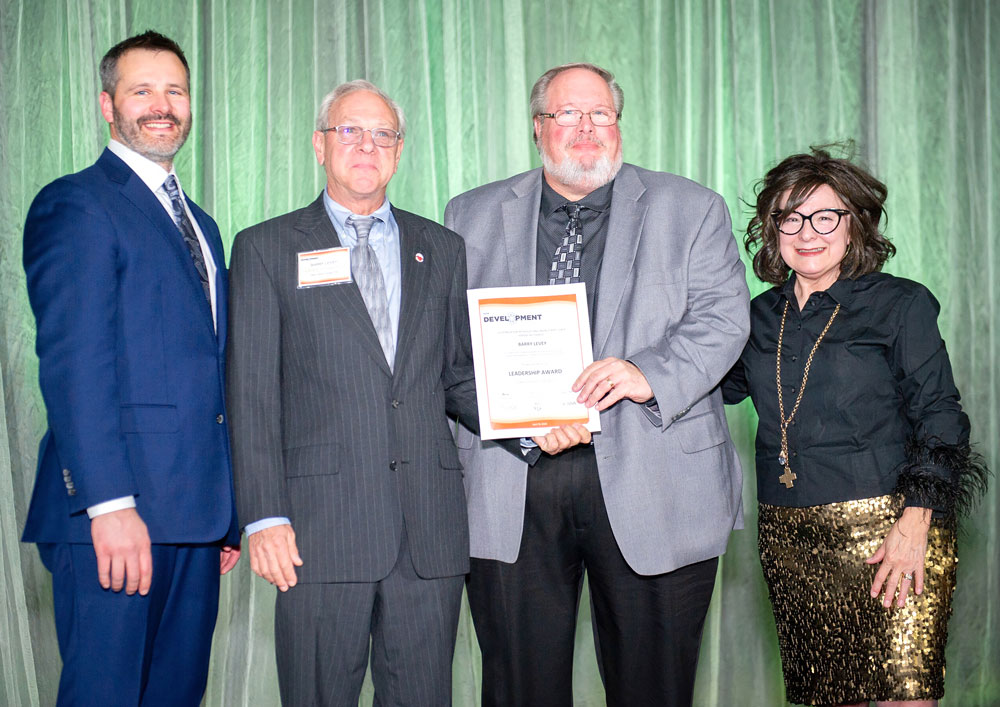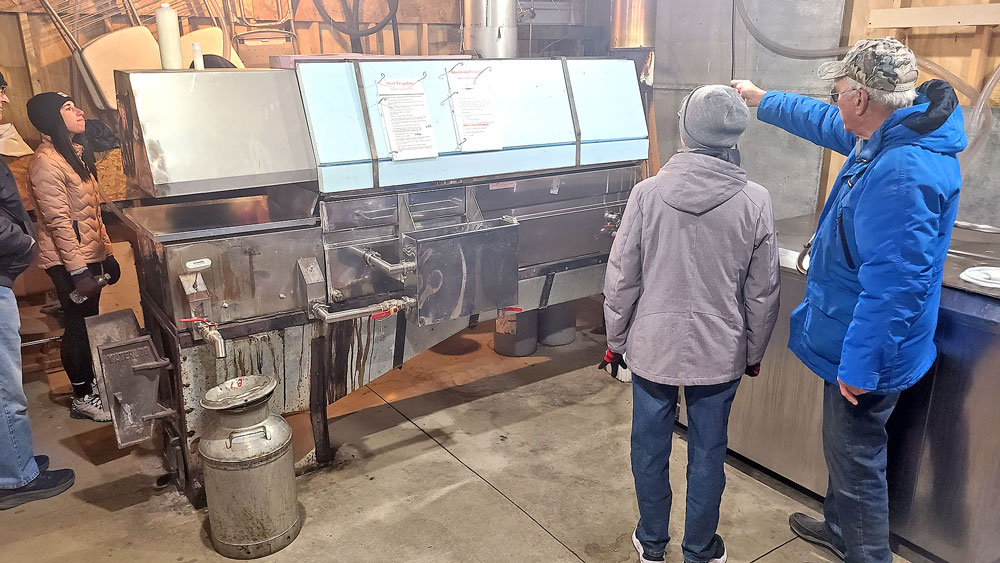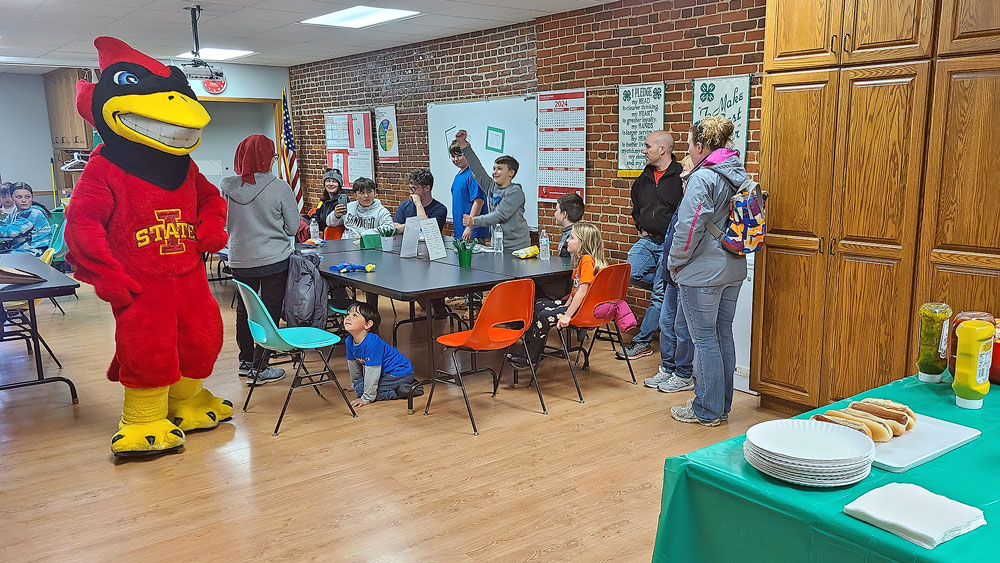Ag landowners, tenants invited to Charles City soil and water quality options meeting

To The Press
Area owners of rented farmland and their tenants are being invited to a meeting next week to discuss water quality issues, potential solutions and the technical and financial assistance available.
The meeting will be held from 8:30 a.m. to noon on Tuesday, Feb. 22, at the NIACC Center in Charles City, 203 Brantingham St. Lunch will be provided following the program.
The program is being organized by Doug Johnson, Charles City Watershed Project coordinator, Floyd County Soil and Water Conservation District.
“The degraded water quality and frequent flooding of the Cedar River at and above Cedar Rapids has stimulated public concern and action,” Johnson said in a letter to landowners and farm managers.
“Public and private funding from a variety of sources has been targeted at efforts to improve Cedar River water quality, reduce flooding in the Upper Cedar River watershed, and protect municipal water supplies derived from the Cedar River. The Charles City Watershed Project is one of these efforts,” he said.
A primary objective of the Charles City watershed project is to reduce the potential loss of fertilizer and manure sourced nitrogen and phosphorus from cropland in the Charles City watershed.
“Nitrate nitrogen is commonly found at high levels in most of the streams in the Charles City watershed,” Johnson said. “High nitrate nitrogen levels in municipal water supplies pose a potential human health hazard. Recent water quality testing in the Charles City watershed indicates that the nitrate nitrogen entering the Cedar River from the Charles City watershed comes mostly from subsurface tile drainage systems in cropland.”
Another primary objective of the Charles City Watershed Project is to reduce soil erosion and improve the health and productivity of the soils in the watershed, he said.
“One-hundred-plus years of tillage-intensive farming has taken a toll on much of the cropland soils in the watershed. Roughly half of the original topsoil has been lost due to wind and water erosion. The organic matter content of the remaining topsoil is roughly half of what it was prior to cultivation,” Johnson said.
Typical continuous row crop, reduced tillage crop production methods used by most farmers in the watershed today are an improvement over the intensive tillage crop production systems used in the past, but they fall short of what is needed to rebuild top soil, improve long-term soil productivity, protect water quality and protect cropland value, Johnson said.
The program planned for Tuesday will include Johnson, Iowa State University Extension Service specialists and USDA Natural Resources Conservation Service specialists.
Topics to be covered will include:
- The Charles City watershed project objectives and goals.
- Tile water and surface water quality in the watershed.
- Efficient management of crop nutrient inputs to maximize profitability and protect water quality.
- Improving the health, productivity and resiliency of soil with conservation farming systems.
- The economic and environmental benefits of conservation farming systems.
- Technical and financial assistance available to help farmers and landowners to implement conservation farming systems.
- Incorporating conservation provisions into farmland leasing agreements.
Johnson said he is encouraging landowners and their tenants to come to the meeting together to learn how they can work together to preserve the long-term productivity and value of the land and protect the quality of the surface and ground water in the Charles City watershed.
Lunch, compliments of the Floyd Soil and Water Conservation District, will be provided immediately following the meeting, Johnson said.
Persons expected to take part in sessions in addition to Johnson include:
- Ken Pecinovsky, Floyd Soil and Water Conservation District chair, Nashua.
- Terry Basol, Iowa State University Extension field agronomist, Nashua.
- Alisha Sedlmayr, NRCS area soil health specialist, West Union.
- Josh Heims, NRCS district conservationist, Charles City.
- Trent Dight, farmer and Charles City Watershed Advisory Committee member, Rockford.
- Andy Johnson, farmer and Floyd Soil and Water Conservation District vice-chair, Floyd.
- Ann Johanns, Iowa State University Extension Program specialist, Nashua.
“We are limiting attendance to 40 individuals to allow for adequate social distancing in the meeting room. We encourage all persons attending to wear a face mask,” Johnson said.
Interested persons are asked to RSVP by Friday, Feb. 18, with the names of persons attending, to (641) 228-2725 ext.3, or to douglas.johnson@usda.gov.









Social Share